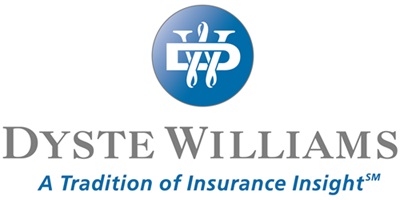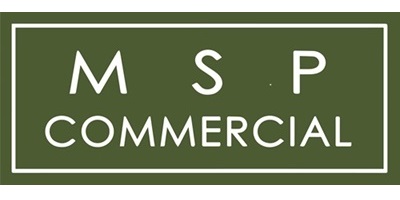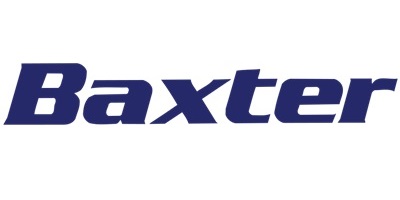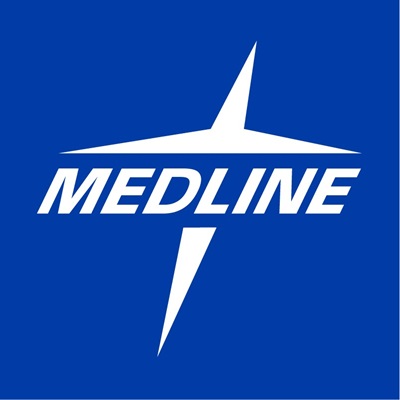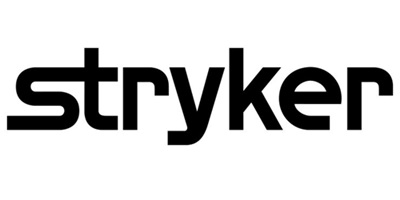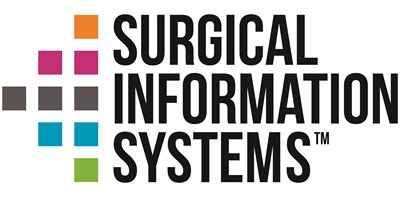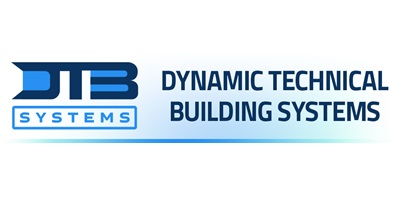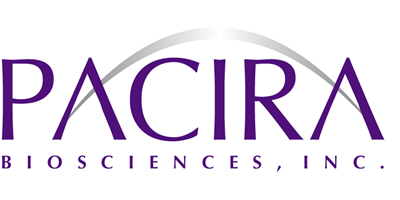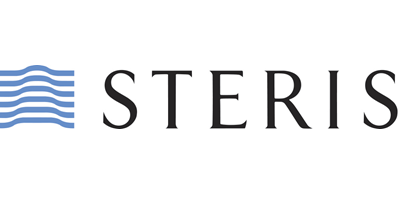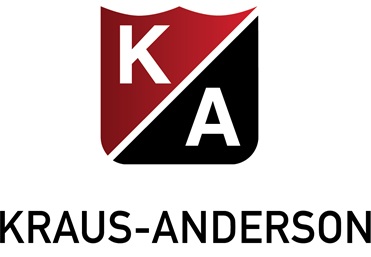- Home
- About Us
- Learning & Events
- Advocacy
- Focus on New Laws
- Resources
- Sponsors
- Contact Us
MNASCA Member ForumsMNASCA hosts several online Member Forums throughout the year, each designed to keep members informed on the latest legislative and regulatory developments, and current events. These interactive sessions feature expert guest speakers who share timely insights and respond to member questions. Note: We encourage you to register for these FREE sessions, so we can more easily follow up with you to share information and materials post-event. UPCOMING MEMBER FORUMS - check back soon.... PREVIOUS MEMBER FORUMS Immigration Activities and ASC Resources Recent immigration enforcement activity and associated public responses across Minnesota have raised significant concern throughout our communities. Events unfolding in our state have led to heightened tension, broad public dialogue, and visible impacts on local ASC facilities and the delivery of patient care, workforce participation, and supply chains—including medical products, equipment access, and essential support staff. MNSASCA members gathered to share best practices and resources to mitigate these impacts on the ASCs, workforce, and patients. Medicare’s 2026 ASC Payment Rule – What You Need to Know MNASCA welcomed Kara Newbury, Chief Advocacy Officer for the Ambulatory Surgery Center Association (ASCA), for our final member forum of the year. Newbury provided a clear and timely overview of the newly released CMS 2026 Final Payment Rule and its implications for ASCs in 2026. Released on November 21, the 1,657-page rule outlines the Medicare inflation update for ASC payments, expands the list of procedures approved for ASC settings, and introduces significant revisions to the ASC Quality Reporting Program, among other policy changes. Newbury explained how these updates may affect ASC reimbursement, operations, and regulatory compliance in the coming year. Resources:
MNASCA Member Forum Recap: Dialogue with Blue Cross Blue Shield of Minnesota The Minnesota Ambulatory Surgery Center Association (MNASCA) hosted an October Member Forum featuring Blue Cross Blue Shield of Minnesota (BCBS). The session provided an open dialogue on payment methodology updates, operational challenges, and ongoing collaboration to improve claims processing and communication with ambulatory surgery centers (ASCs) across the state. BCBS was represented by Luke Speltz, Director of Provider Relations and Finance; Tony Leonard, Principal Healthcare Analyst; and Rami Asfour, Senior Data Analyst. Resources: |

